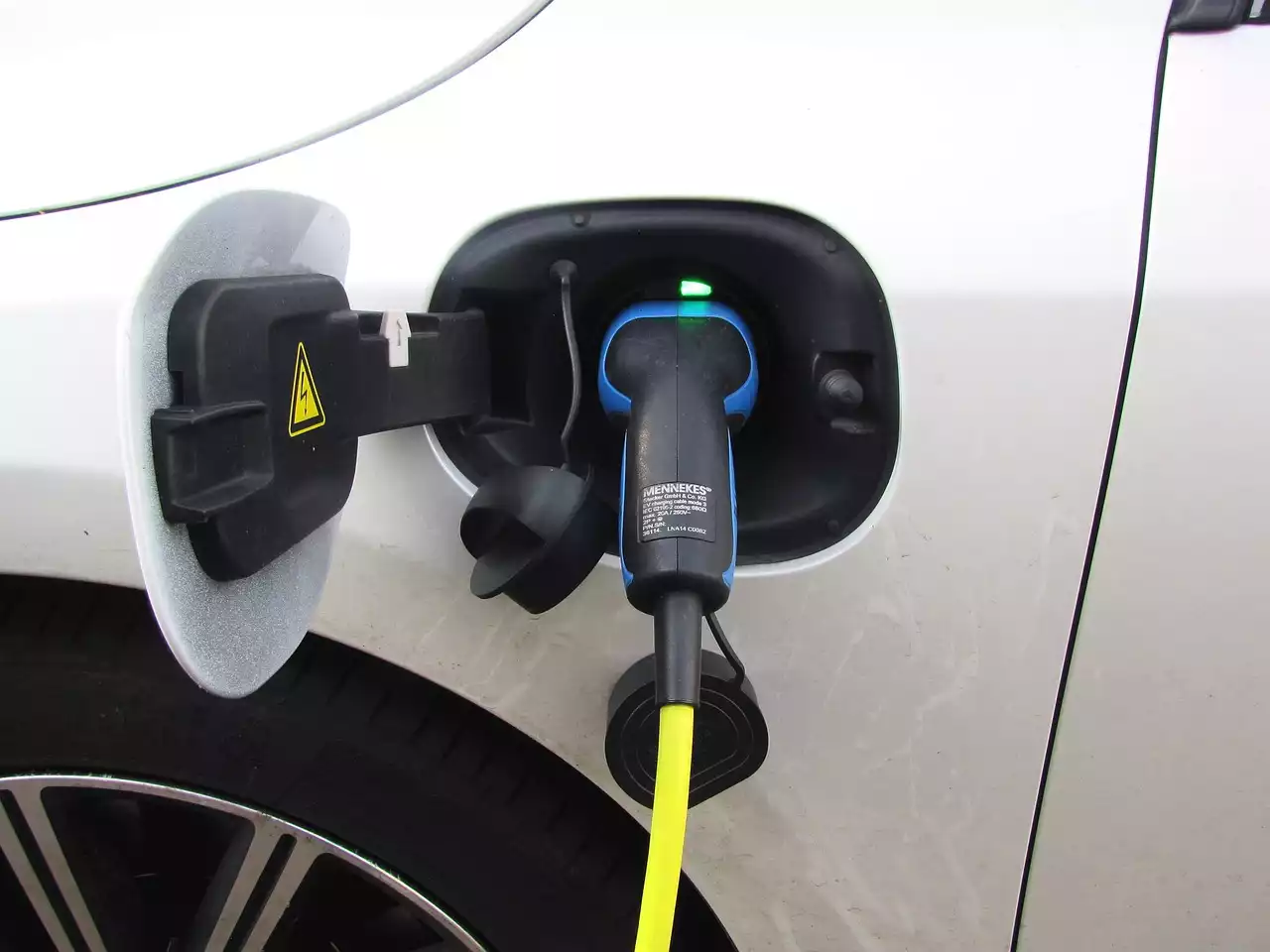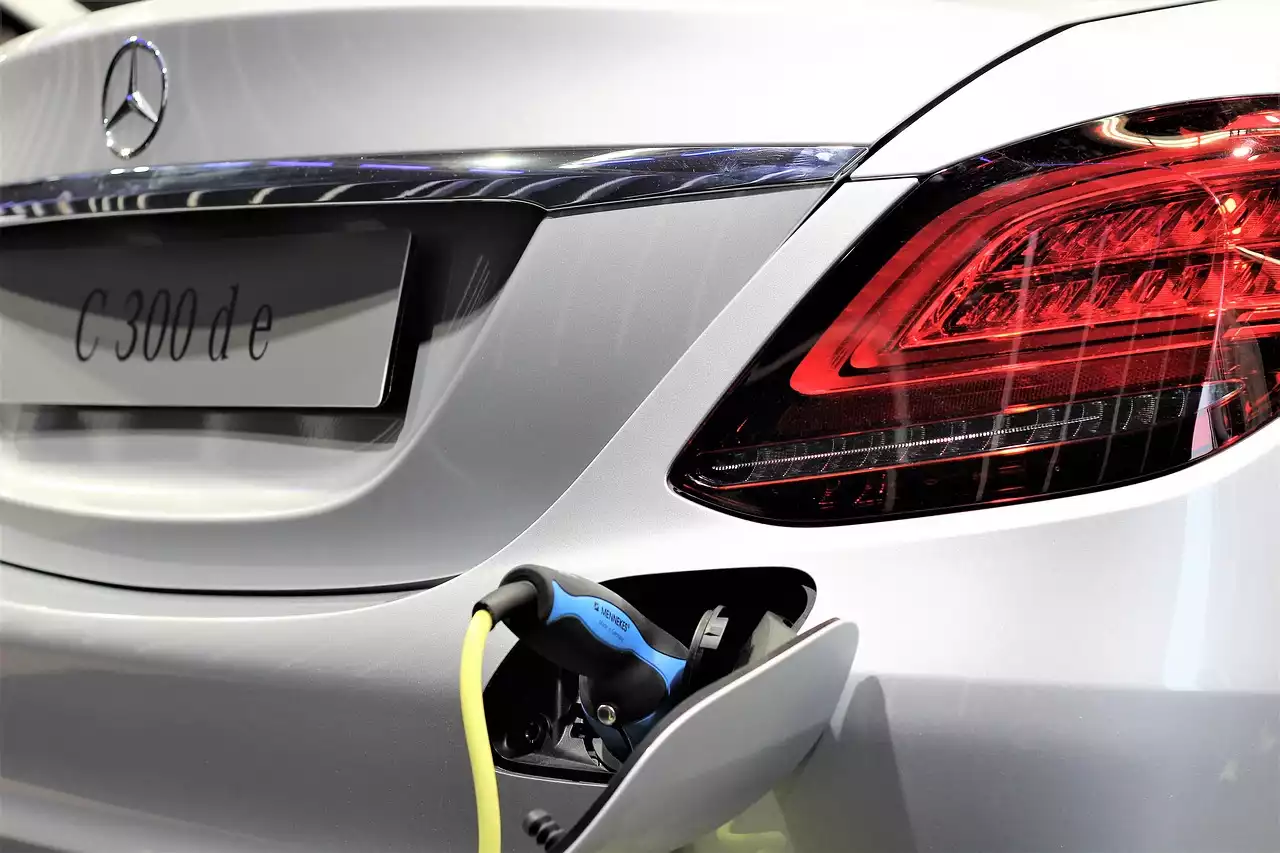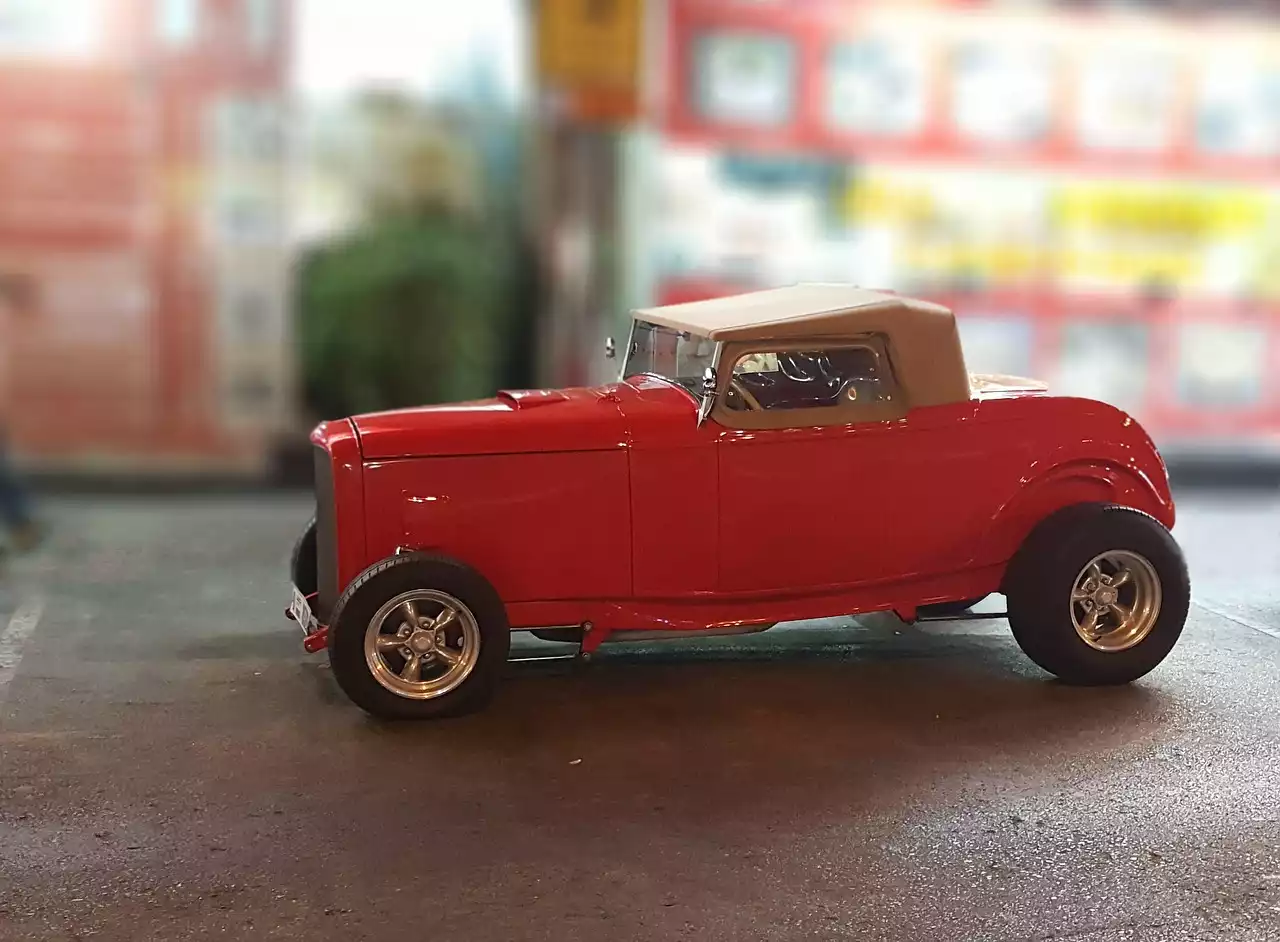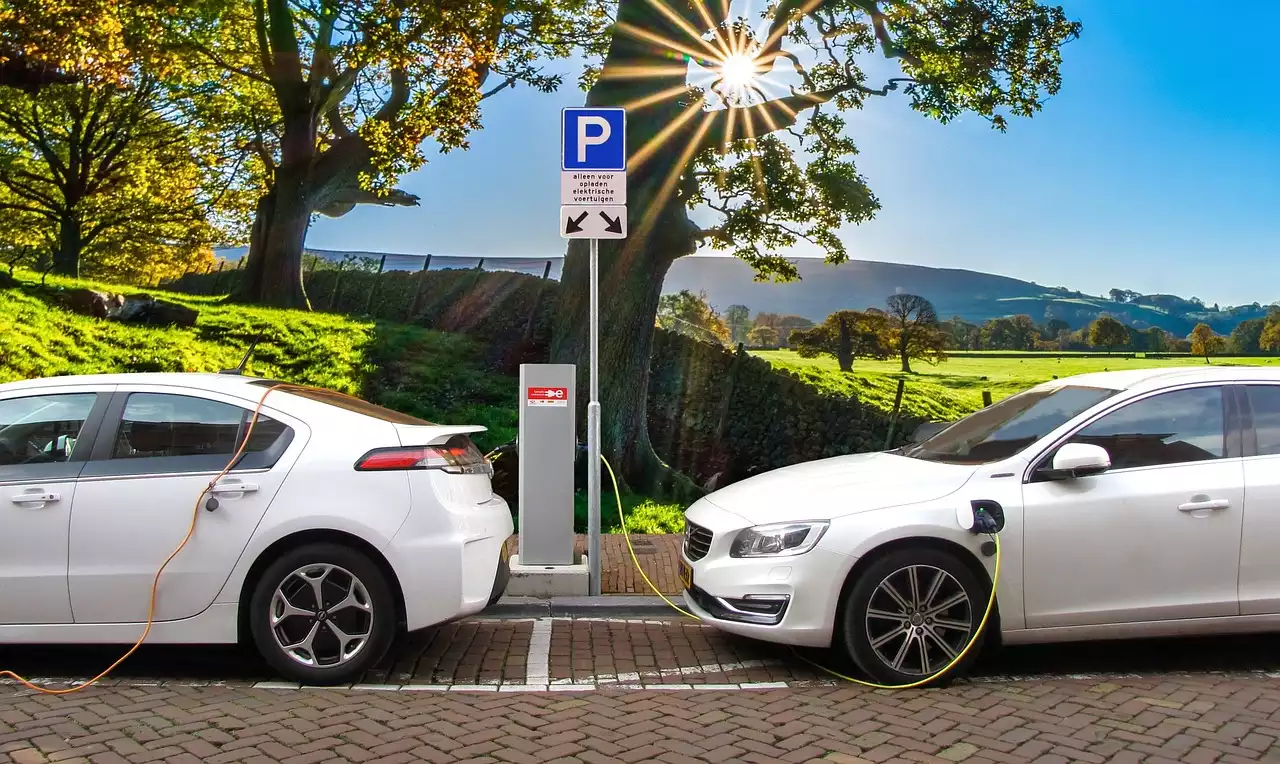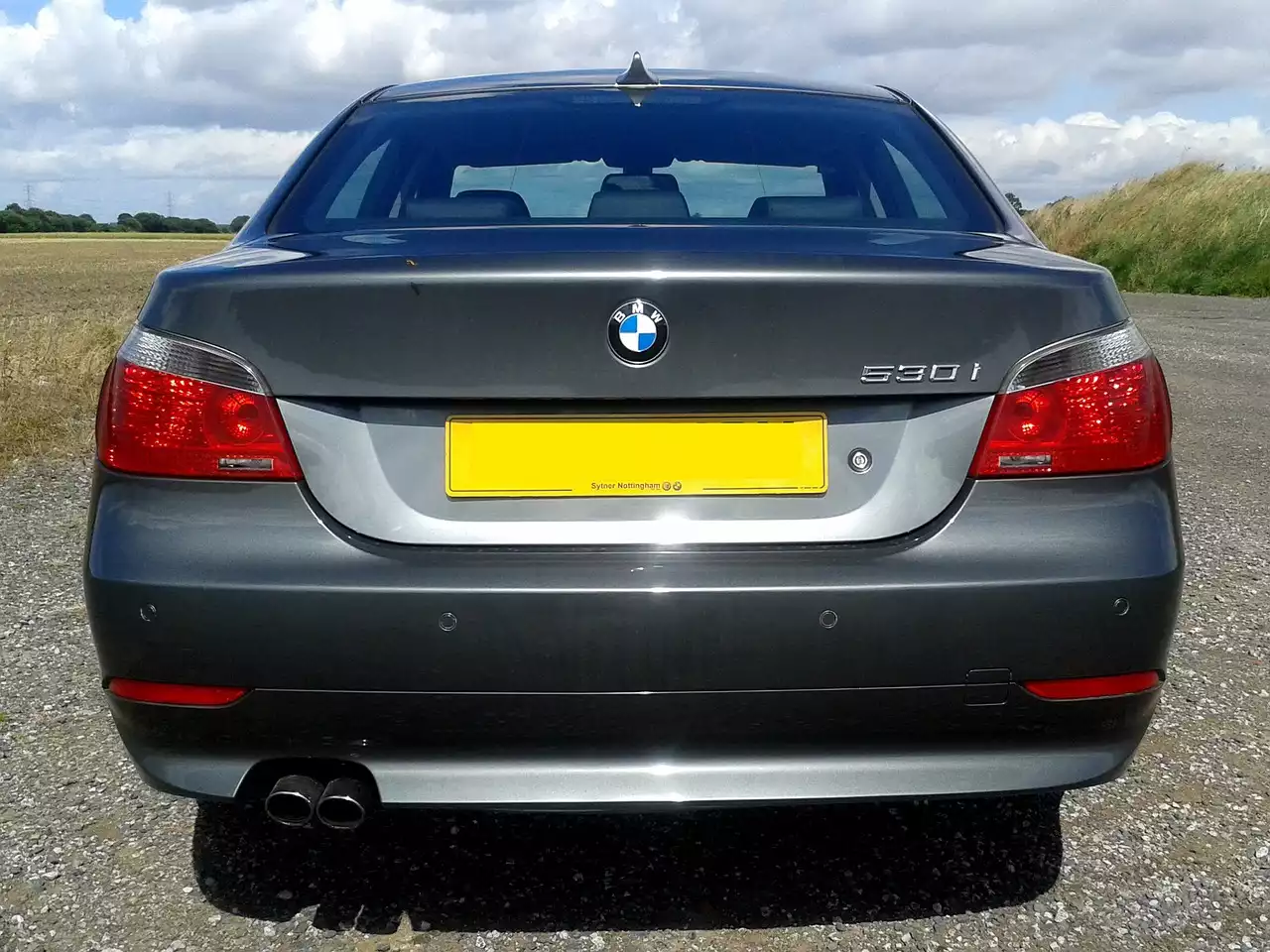What is an SUV?
SUVs are large and roomy vehicles with an emphasis on off-road capability. They make use of a higher ground clearance than other cars to tackle rough terrain and are often larger than other cars in the same category. SUVs typically have four-wheel drive capability, which is important for driving through challenging conditions, and a larger body that may make them more capable of carrying passengers or towing heavy loads. SUVs are often used for outdoor activities like camping or hunting. They can also be used as everyday vehicles for commuting.
Types of SUV
- Compact SUV - Compact SUVs are more affordable and fuel-efficient than larger models. While they may not be as capable on rough terrain, they are great everyday vehicles that provide plenty of comfort and convenience.
- Full-Size SUV - Full-size SUVs are the largest and most luxurious of the bunch. Full-size SUVs offer a robust powertrain, ample space, and a full-fledged off-road capability that can tackle any terrain.
- Mid-Size SUV - Mid-size SUVs are roomy and comfortable SUVs that sit between compact and full-size models. Mid-size SUVs provide more space and carrying capacity while still maintaining a fuel-efficient design. Mid-size SUVs are great for families and outdoor activities, but may not be as fuel-efficient as compact SUVs.
Popular SUV models
- Ford Explorer - The Ford Explorer is a full-size SUV that is capable of towing up to 5,000 pounds. The Explorer is a great family SUV that provides plenty of comfort and convenience, along with a capable off-road capability.
- Chevrolet Tahoe - The Chevrolet Tahoe is a full-size SUV that is capable of towing up to 8,000 pounds. The Tahoe is a great family SUV that provides ample space and comfort, along with a capable off-road capability.
- Toyota Highlander - The Toyota Highlander is a mid-size SUV that is capable of towing up to 5,000 pounds. The Highlander is a great family SUV that provides plenty of comfort and convenience, along with a capable off-road capability.
Pros and cons of buying an SUV
- Pros - Extra space for passengers and cargo, better legroom and headroom, more power and towing capability, better fuel economy, plenty of styling and exterior options, great for outdoor activities.
- Cons - Higher price and maintenance costs, larger dimensions that may make it difficult to park or drive in certain areas, less MPG, less efficiency in compact city driving.
SUV safety features
- Safety Features - Most SUVs come with plenty of safety features, including standard electronic stability control, traction control, anti-lock brakes, and airbags. Some models also offer rollover mitigation, a rearview camera, blind spot monitoring, automatic braking, and lane-keeping assist.
- Advanced Safety Features - Some SUVs offer advanced safety features like lane departure warning, lane keeping assist, forward collision warning, automatic emergency braking, adaptive cruise control, and more. These safety features can help to prevent accidents and keep you and your passengers safe.
SUV fuel efficiency
- MPG - Fuel economy is an important consideration when buying a new SUV. Smaller SUVs are generally more efficient than larger models, but it's important to consider your driving needs.
- Towing - If you frequently tow a heavy load, you may want to consider a larger SUV that provides the better towing capability. Smaller SUVs are better for everyday driving, but larger models can tow up to 8,000 pounds.
- Engine Type - Choose an SUV with a powerful engine that uses less fuel. Some SUVs use a V6 or V8 engine, while others employ a hybrid engine design or alternative fuel option like a diesel engine.
SUV maintenance tips
- Oil and Filter Changes - Be sure to change the oil and filter at the recommended intervals for the engine and transmission. SUVs often have a lot of torque, so it's important to keep the oil and filter changed to avoid damaging the engine.
- Tire Rotations and Pressure - Ensure the tires are properly inflated and rotated every 6,000 miles. SUVs have a higher center of gravity, so proper tire maintenance is crucial to safety.
- Regular Maintenance - It's important to take your SUV in for regular maintenance. Most SUVs require oil changes around every 5,000 miles, as well as other services for air filters, transmission fluid, and more.
SUV customization options
SUVs are great for customization, offering plenty of options for personalizing your ride. You can change the exterior and interior of your SUV with a variety of aesthetic upgrades, including wheels, tires, audio systems, interiors, paint colors, and more. You can also add performance upgrades, such as lowering springs or a larger sway bar, to improve handling and cornering. There are a ton of customization options available for SUVs, so browse through the selection and find the right upgrades for you.
